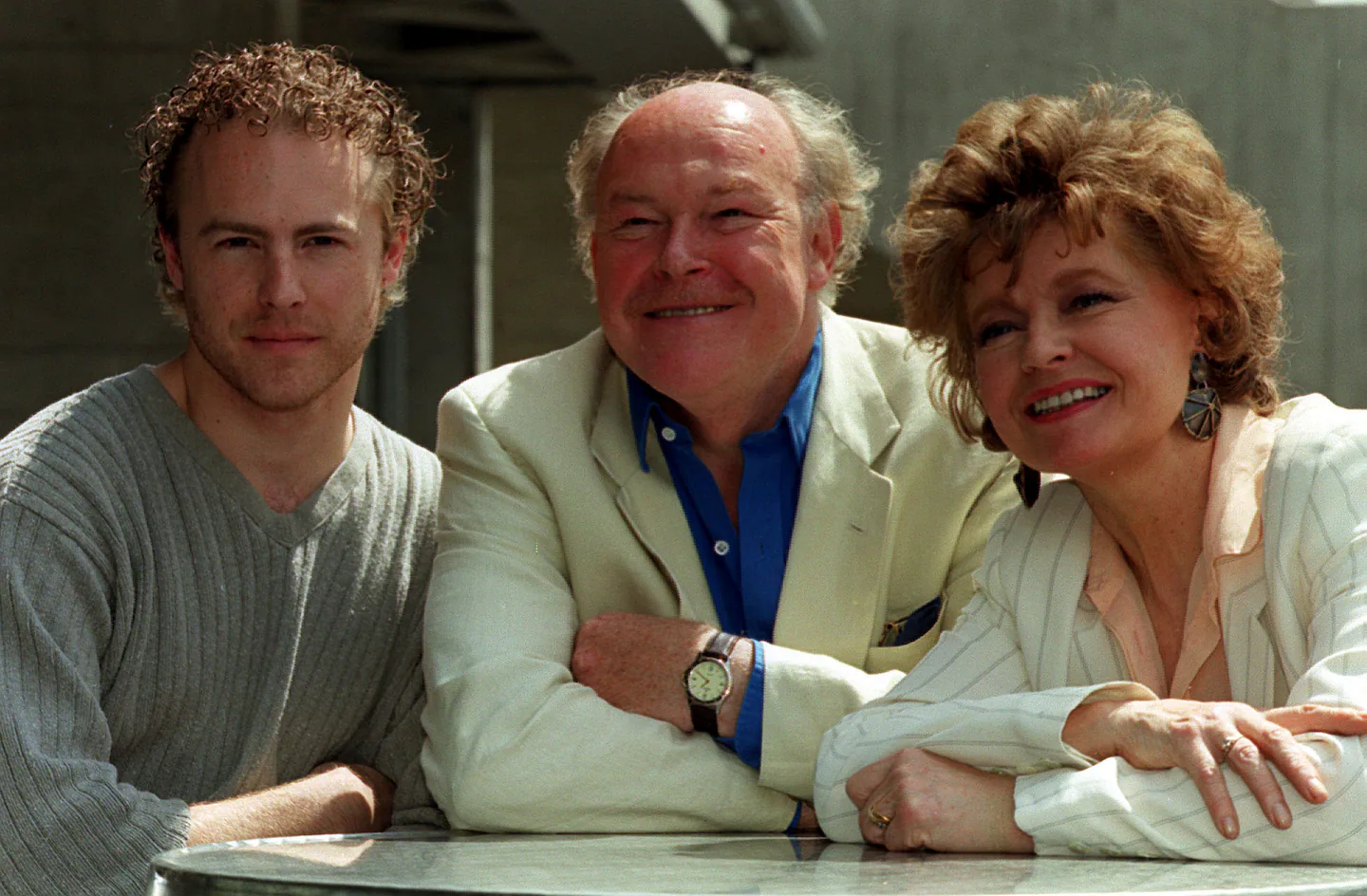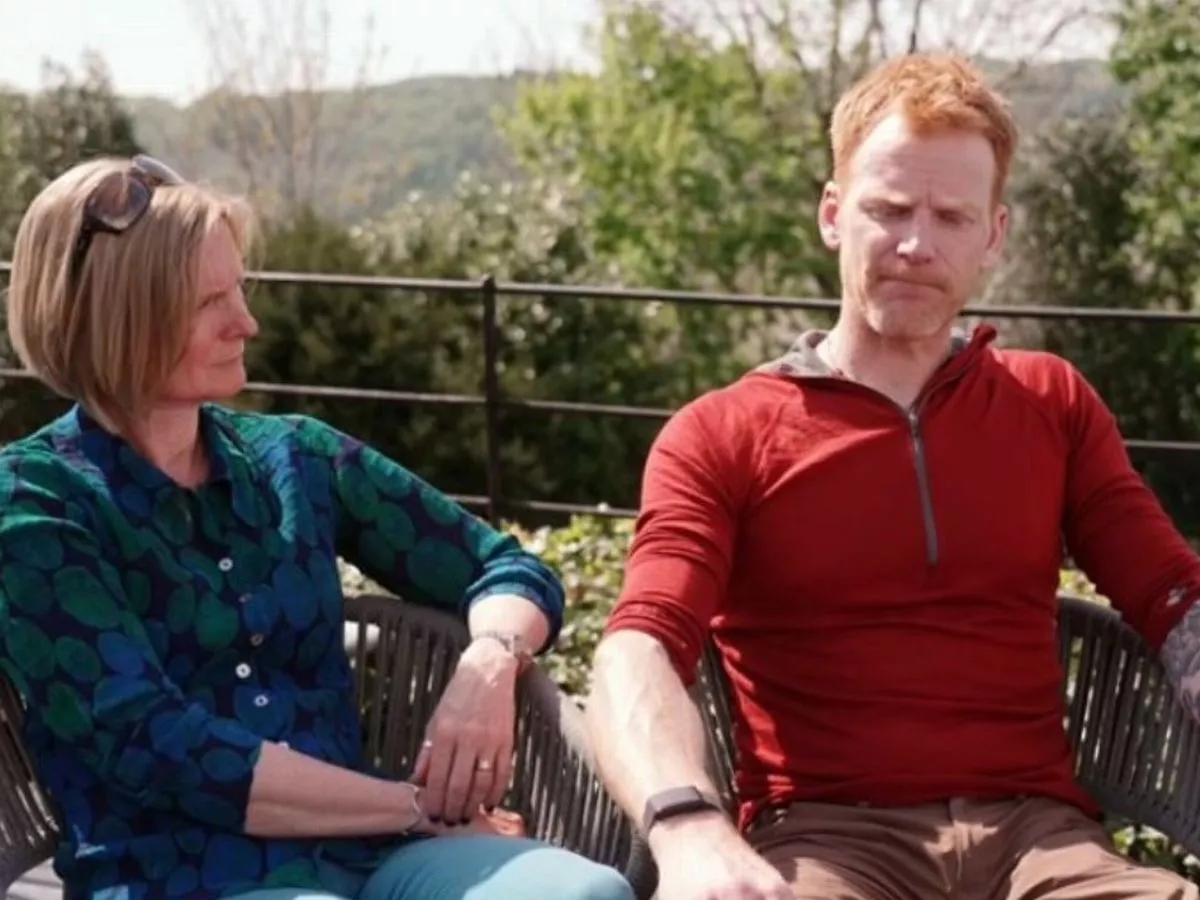Copyright The Boston Globe

In an almost seven-decade career, Ms. Scales appeared in scores of plays and television series, gaining a reputation for excelling in comedic parts. Her breakout television role was on the BBC sitcom “The Marriage Lines” (1961-66), in which she starred as a frustrated newlywed homemaker settling into domesticity with her office worker husband (played by Richard Briers). In “Fawlty Towers,” which aired on BBC Two in 1975 and 1979 and later on PBS, Ms. Scales elevated the character of exasperated spouse to a new level. Starring opposite Cleese, who played the high-strung manager of a dysfunctional seaside hotel (and who created the show with his wife at the time, Connie Booth, who played a housekeeper), Ms. Scales was his elaborately coifed and impeccably dressed wife who stood as a picture of eye-rolling calm as farce unfolded around her. Some of Basil’s favorite epithets for his wife included “my little piranha fish” and “my little nest of vipers,” and he likened her braying laugh to “someone machine-gunning a seal.” She often responded in kind: “Do you really imagine, even in your wildest dreams, that a girl like this could possibly be interested in an aging, brilliantined stick insect like you?” she admonished when she caught him in the closet of a room of an attractive guest. Although the show ran for only two seasons, and in later years drew criticism for the use of racial slurs in one episode, the popularity of “Fawlty Towers” endured. It was named No. 1 in a list of the top 100 British television shows by the British Film Institute in 2000 and the best British sitcom of all time by Radio Times. Ms. Scales was married to Timothy West, a theater actor and a fellow staple of British television. In 2014, the same year as Ms. Scales’ Alzheimer’s diagnosis, the couple indulged in a shared passion for narrowboats (or canalboats), appearing on the series “Great Canal Journeys,” in which they toured the waterways of Britain, Europe, and farther afield. The show struck a chord, with West gently warning viewers at the start of each episode of his wife’s condition. The Guardian newspaper said that the bittersweet series “charted the long, slow goodbye that is living with dementia.” Ms. Scales’ declining health brought a close to their participation in the show in October 2019 -- the end, the Guardian said, to “one of the greatest love stories on TV.” “I am famous for playing unfortunate wives,” she said in 2013, “but I have been a very lucky wife.” Prunella Margaret Rumney Scales Illingworth was born on June 22, 1932, in Sutton Abinger, Surrey, southwest of London. Her mother, Catherine (Scales) Illingworth, was a professional actress before marrying John Richardson Illingworth, a cotton salesman. In 1942, Prunella was sent to Moira House, a boarding school, where she took piano lessons and excelled at speech and drama. At 17, she was admitted on a two-year scholarship to the Old Vic in London, where she immediately felt out of her depth, a feeling that she attributed to having led a sheltered life. “Although I wanted to be an actress, I was very inhibited and thought it was wrong to show off,” she told Teresa Ransom for her 2005 biography, “Prunella.” Ms. Scales’ first major London show was in 1955, when she played Ermengarde in the inaugural production of Thornton Wilder’s “The Matchmaker” at the Haymarket Theater. The show was a hit, running for nine months in the West End before transferring to Broadway. While in New York, Ms. Scales studied acting under Uta Hagen. Returning to England, she joined the Shakespeare Memorial Theater (later the Royal Shakespeare Company), where she appeared in “the Merchant of Venice,” “Measure for Measure,” and Peter Hall’s first production, “Love Labour’s Lost.” She met West while filming a BBC historical production, “She Died Young” (1961). They married in 1963. In addition to her sons, she leaves a stepdaughter, Juliet, from West’s first marriage; seven grandchildren; and four great-grandchildren. West died last year. After “Fawlty Towers,” Scales continued to be a regular presence on British television. From 1985-86 she was Miss Elizabeth Mapp in “Mapp & Lucia,” a series based on novels by E.F. Benson that followed the gossipy middle-aged women of a small town in 1930s England. In 1988, she won critical acclaim for her portrayal of Queen Elizabeth II in the Alan Bennett play “A Question of Attribution” staged at London’s National Theater; she repeated the role when it was adapted as a BBC film in 1991. “Without ever indulging in caricature,” Frank Rich wrote in the Times, “the extraordinary Miss Scales makes a completely persuasive queen: shrewd without being intellectual, convivial without being intimate, charming without being warm.” She made several films in the 1990s, including “Howards End” (1992) with Anthony Hopkins and Vanessa Redgrave; “Second Best” (1994) with William Hurt; and “Wolf” (1994) with Jack Nicholson and Michelle Pfeiffer. But it always seemed that interviewers wanted to talk only about “Fawlty Towers.” For her part, Ms. Scales said she would always be grateful to Sybil. “Most people seem to remember Sybil as this hideous gorgon of a woman,” she told her biographer. “I consider her a heroine.”



